“Our goal is to make the topic transparent and comprehensible.”
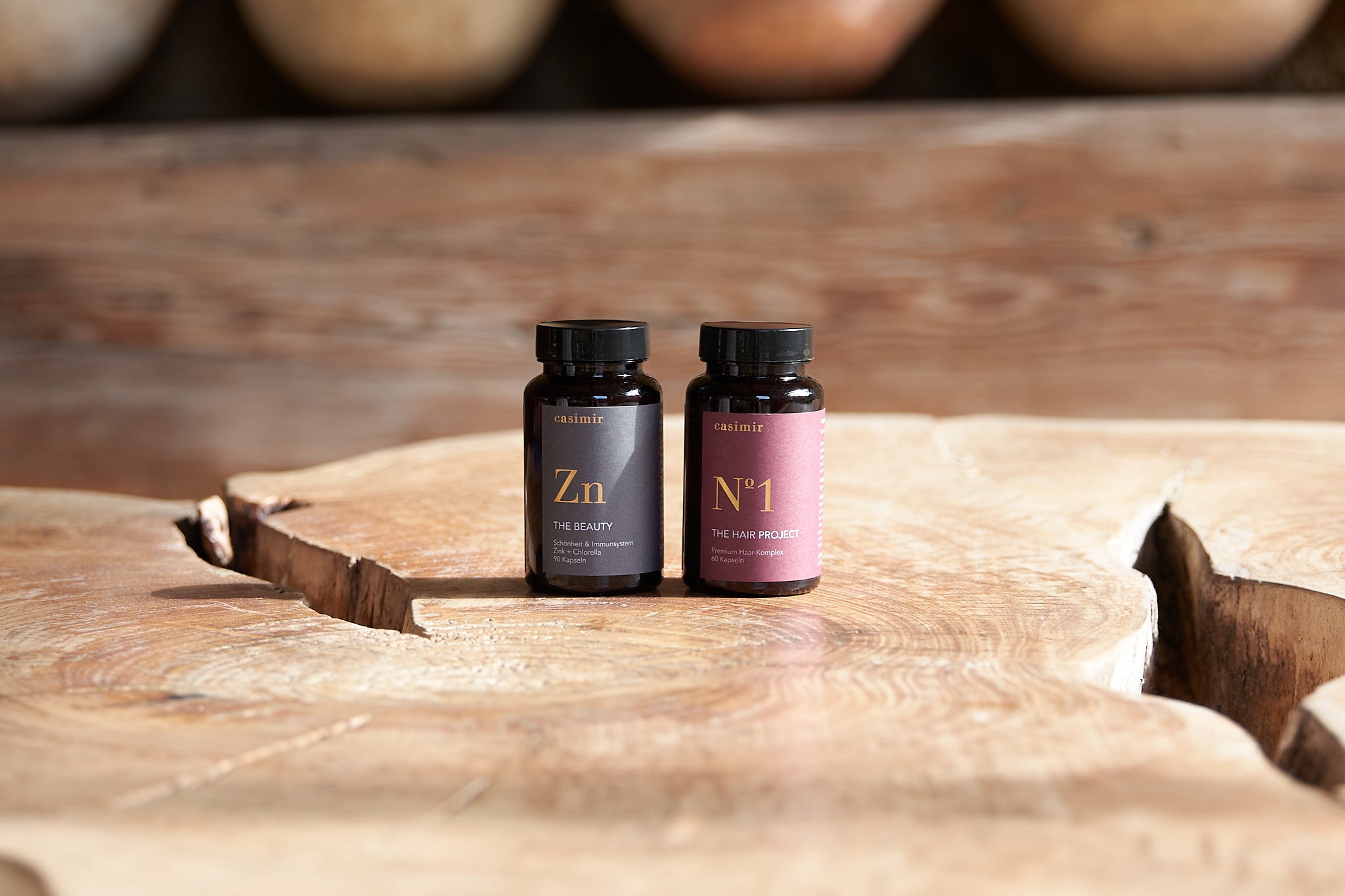
WHAT ARE FOOD SUPPLEMENTS?
Dietary supplements are foods of general consumption. They differ from other foods in that they are offered in small doses, such as tablets, capsules or powder. They contain vitamins, minerals or other nutrients that have an effect in concentrated form.
They may supplement the normal diet, but have no medicinal effect. In order to avoid overdoses, a maximum quantity regulation* is planned at EU level.
Dietary supplements are not a substitute for a balanced and varied diet or a healthy lifestyle.
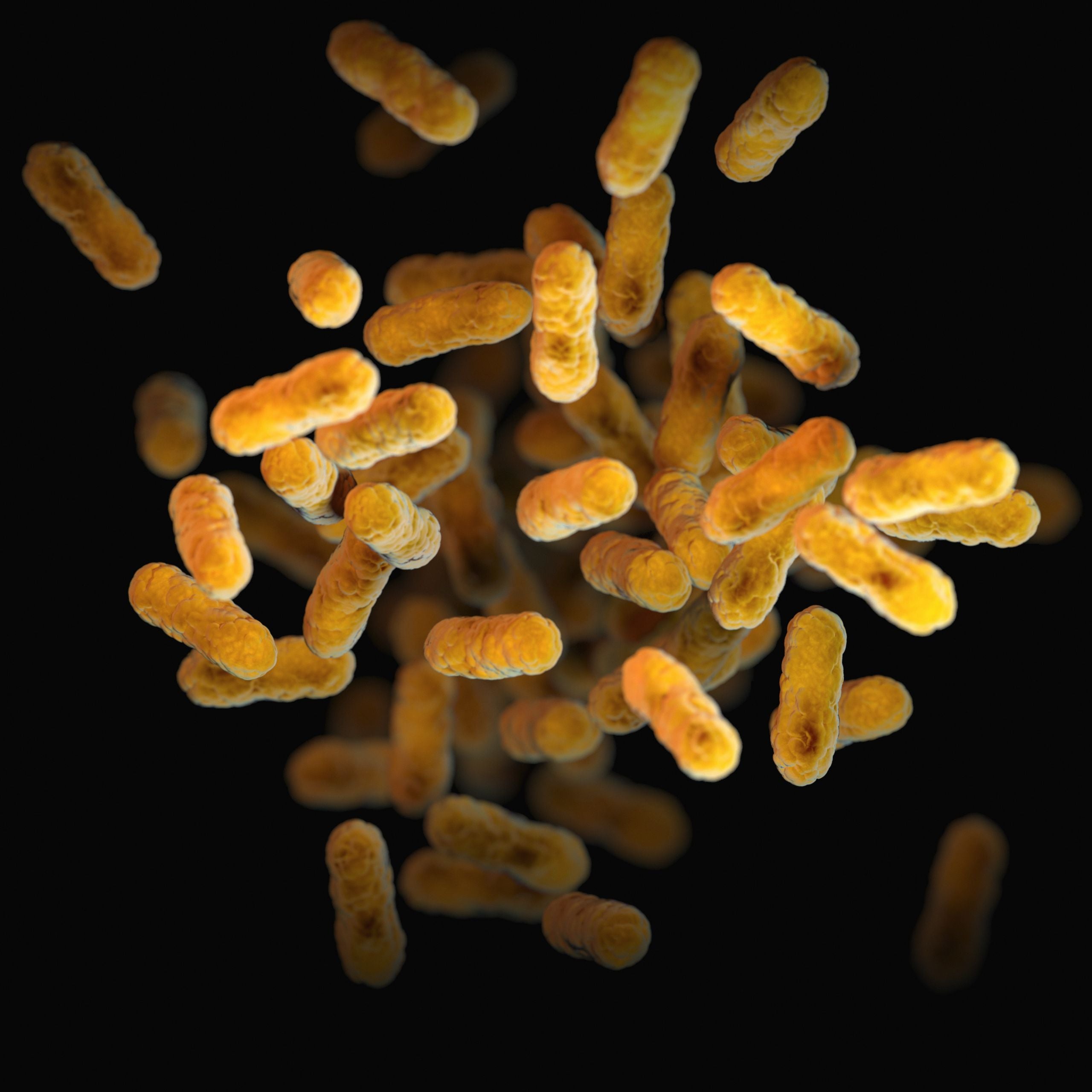
OUR IMMUNE SYSTEM
The immune system is vital: It protects the body from pollutants, pathogens and disease-causing cell changes.
A healthy diet, regular exercise, fresh air, enough sleep, avoiding stress and a healthy lifestyle are important for our immune system.
Micronutrients such as vitamins A, C, D and E as well as iron and zinc can make a useful contribution to supporting normal immune function.
A healthy immune system depends on an adequate supply of important nutrients that play an essential role.

MICRONUTRIENTS
Micronutrients can be divided into the following groups: vitamins, minerals and trace elements.
Micronutrients must be consumed regularly through food.
They play an important role in your health. They strengthen the immune system, help build cells and bones and are involved in metabolic processes.
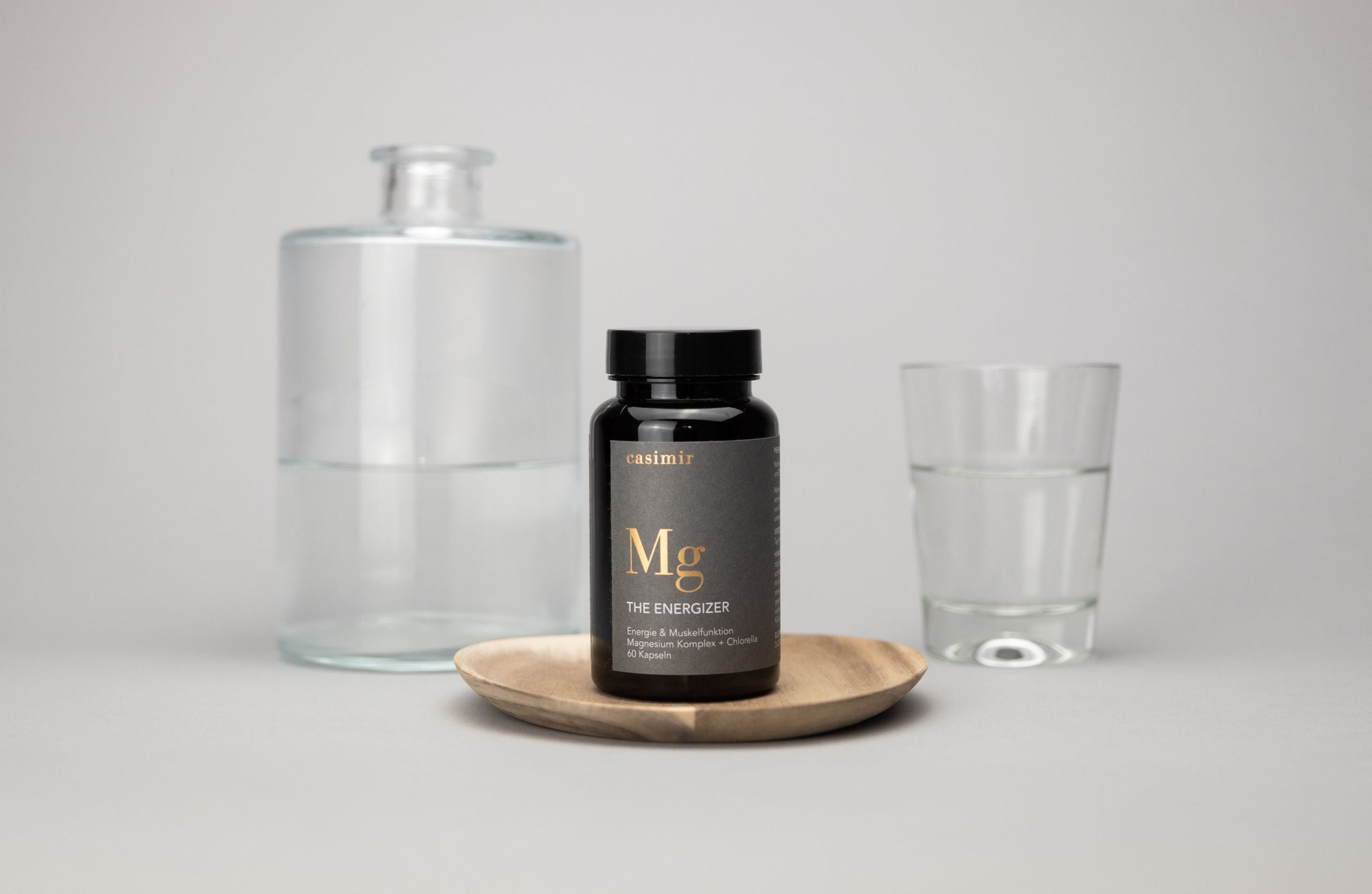
RECOMMENDED CONSUMPTION
Dietary supplements complement the normal diet. Therefore, large quantities or even “high-dose” products are not necessary.
All products must indicate what percentage of the reference intake (NRV) is covered by the recommended daily dose. More than 100% is usually unnecessary. The NRV indicates the amount of vitamins and minerals that an average healthy adult should consume daily to meet their needs.
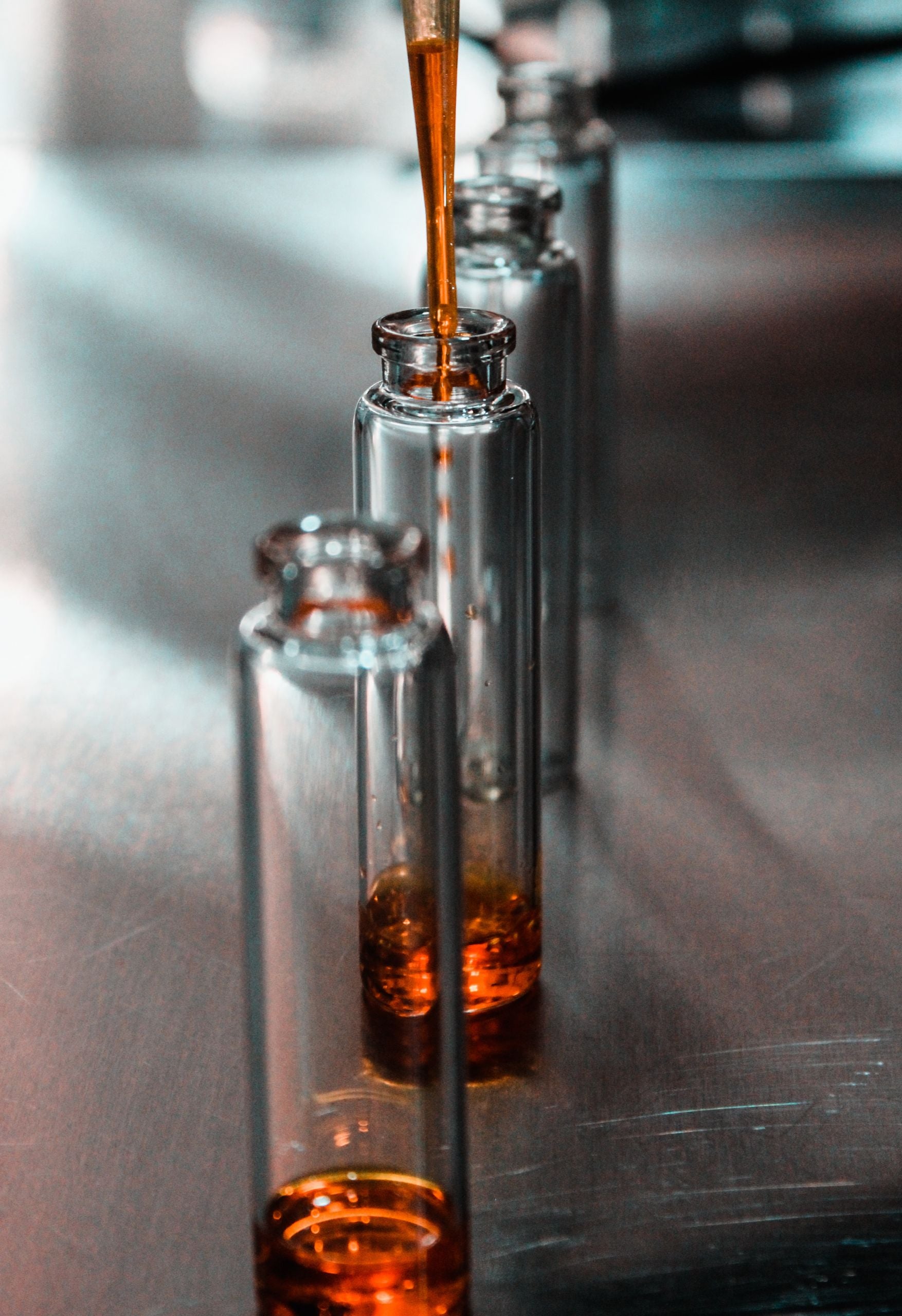
QUALITY & ADDITIVES
The same strict food safety requirements apply to dietary supplements as to all foods. Dietary supplements should come from ISO-certified, pharmaceutical manufacturing according to GMP (Good Manufacturing Practice) standards and be laboratory tested.
Additives in dietary supplements are not important for the effect of the product. They only serve to achieve certain chemical or physical properties (smell, taste, appearance). Substances such as citric acid, sugar, sweeteners, colorings or release agents are therefore not necessary.
The long-term consequences of regularly adding these fillers to your body have not yet been really researched.
For this reason, when developing our products we have avoided any substances that are not necessary for the intake and absorption of the dietary supplements.
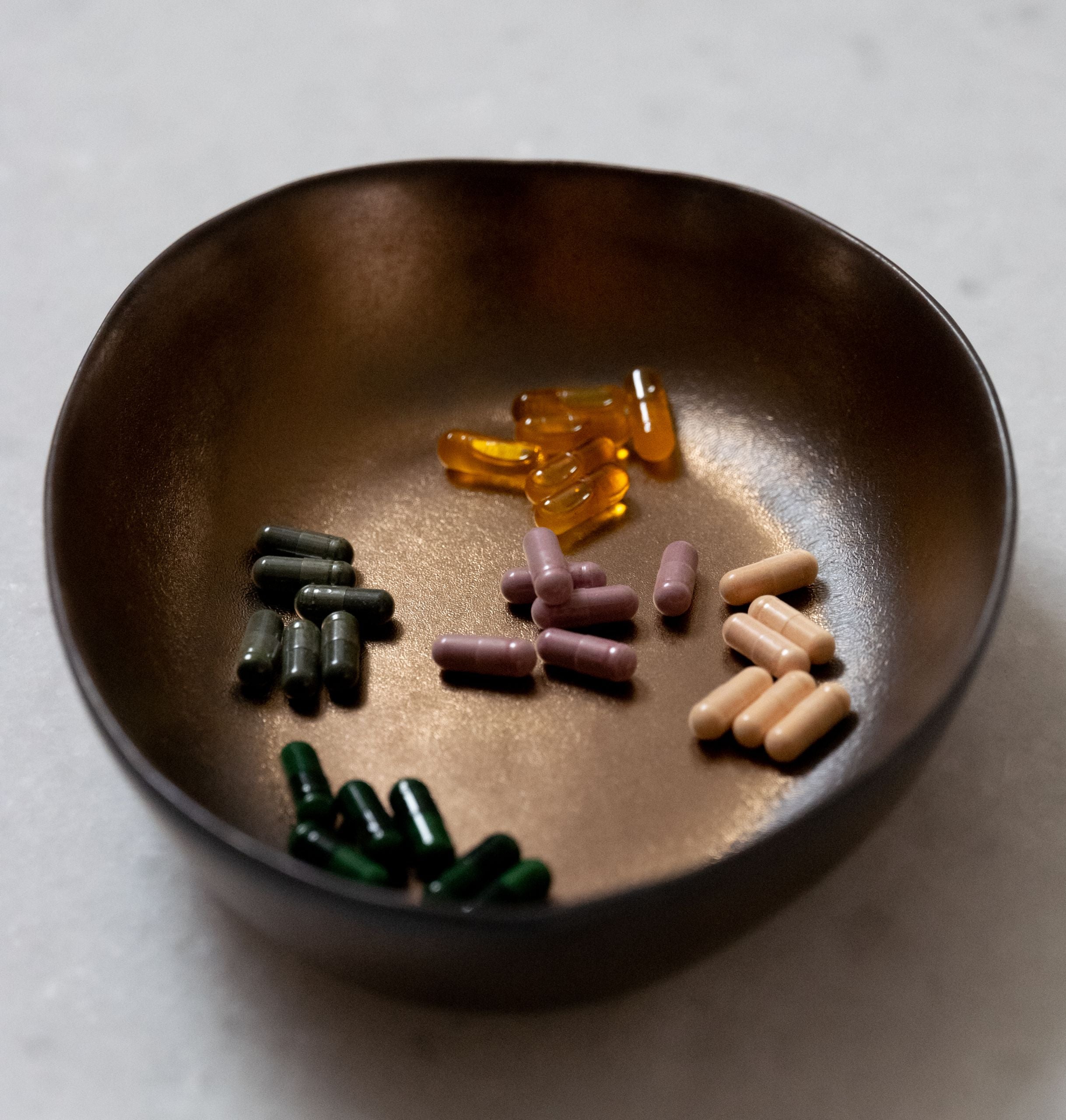
HPMC CAPSULES
Our capsules are made from vegan, plant-based hydroxypropyl methylcellulose, or HPMC for short. This is a vegan pulp that is excreted from the body like water-soluble fiber. HPMC capsules have largely replaced the previously used gelatin capsules. This means that vegans can also take casimir micronutrients without hesitation. Our HPMC capsules are of course PEG / carrageenan free.
The HPMC capsules dissolve in the stomach and the body can absorb the ingredients. They also have another important function: They are heat and moisture resistant, protecting the valuable micronutrients from temperature fluctuations and moisture. The capsules have no taste of their own and ensure that the dietary supplements are “easy to swallow”. In addition, the micronutrients are already optimally dosed by the capsules. If necessary, you can easily open the two-part capsules and take the contents with liquid.
CASMIR ENCYCLOPEDIA
ANTIOXIDANTS
Antioxidants offer protection against so-called “free radicals” and protect our cells by neutralizing them and thus preventing oxidative stress.
Antioxidants are, for example, vitamin C or E. These are absorbed through food. Antioxidants are also produced by the body itself (e.g. enzymes, hormones, metabolic products).
Antioxidants never work in isolation, but rather in interaction with other antioxidants.
FREE RADICALS
The organism is constantly exposed to so-called “free radicals”. Free radicals are particularly reactive chemical compounds that are naturally formed in our body. However, they can also be caused by external influences, such as smoking, alcohol or drugs, extreme physical work, high-performance sports and UV rays. If there are too many free radicals in our body, so-called “oxidative stress” can arise.
HORMONES
Hormones are messenger substances in our body. They ensure that the organs and cells in the body can communicate with each other. Hormones have, among other things, an influence on our well-being and our feelings. Hormones are produced in so-called endocrine glands. They can be transported to other parts of the body via the blood vessels. The important hormone glands include: B. the thyroid, pancreas, adrenal glands, ovaries and testes.
MENOPAUSE
Menopause usually occurs between the ages of 50 and 55. The last menstrual period is called menopause. This can only be determined retrospectively. By definition, menopause occurs when menstruation has not been followed by bleeding for at least a year.
MINERALS
Minerals are important micronutrients. Since the body cannot produce them itself, they must be consumed through food. As inorganic food components, they occur in animal and plant foods.
Basically, minerals are divided into bulk and trace elements:
- Quantitative elements: calcium, chloride, potassium, magnesium, sodium, phosphorus
- Trace elements: iron, fluoride, iodine, selenium, zinc
Compared to vitamins, minerals have a very simple chemical structure. They also do not provide energy, but rather build bones, teeth, hormones and blood cells, maintain tissue tension, transmit stimuli and/or activate enzymes.
NRV
The NRV (nutrient reference value for short) or reference value is the recommended daily reference amount for the intake of nutrients (vitamins, minerals, trace elements). 100% NRV means, for example, that the optimal, recommended daily dose of the respective nutrient is absorbed here. 80% NVR means that 80% of the optimal 100% of the nutrient is absorbed.
OXIDATIVE STRESS
Oxidative stress is a metabolic situation in which damage to cells or their functions occurs.
METABOLISM
Metabolism is the basis of all vital processes in our body. Metabolism refers to all biochemical processes that take place within cells. For example, the conversion of food into intermediate and final products.
SUPERFOOD
“Superfoods” are foods that contain a particularly high amount of usable micronutrients, such as vitamins, minerals and antioxidants, enzymes and healthy fats.
Superfoods are very healthy and, when consumed regularly, can strengthen the immune system, bind free radicals and thus counteract a wide range of diseases.
As a rule, no health-related claims can be made about superfoods, as there are no scientifically proven effects. However, superfoods can enrich your diet.
VITAMINS
Vitamins are vital and essential substances that, with a few exceptions, the body cannot produce itself. Therefore, he is dependent on the supply from food. An exception is vitamin D - the only vitamin that the body can produce in significant quantities.
Vitamins can be divided into two groups:
- Fat-soluble vitamins: The fat-soluble vitamins are vitamins A, D, E and K. They are particularly well absorbed when fat is consumed at the same time.
- Water-soluble vitamins: The water-soluble ones are vitamins B1, B2, B6, B12, biotin, C
While humans generally excrete water-soluble vitamins quite well through the kidneys, the body stores fat-soluble vitamins. They tend to accumulate if too much is consumed.
MENOPAUSE
Menopause describes a natural transition phase in a woman's life in which the reproductive function of the ovaries ceases. During this period, the transition from a woman's fertile period to the no longer fertile phase of her life takes place. After menopause, women can no longer have children.
Major hormonal changes occur during menopause, which can trigger the typical menopausal symptoms.
ADDITIVES
Like food, micronutrient preparations also vary in quality. It often contains sweeteners, colors or fillers that you don't need and that can even cause problems. Therefore, you should avoid products with unnecessary additives.

